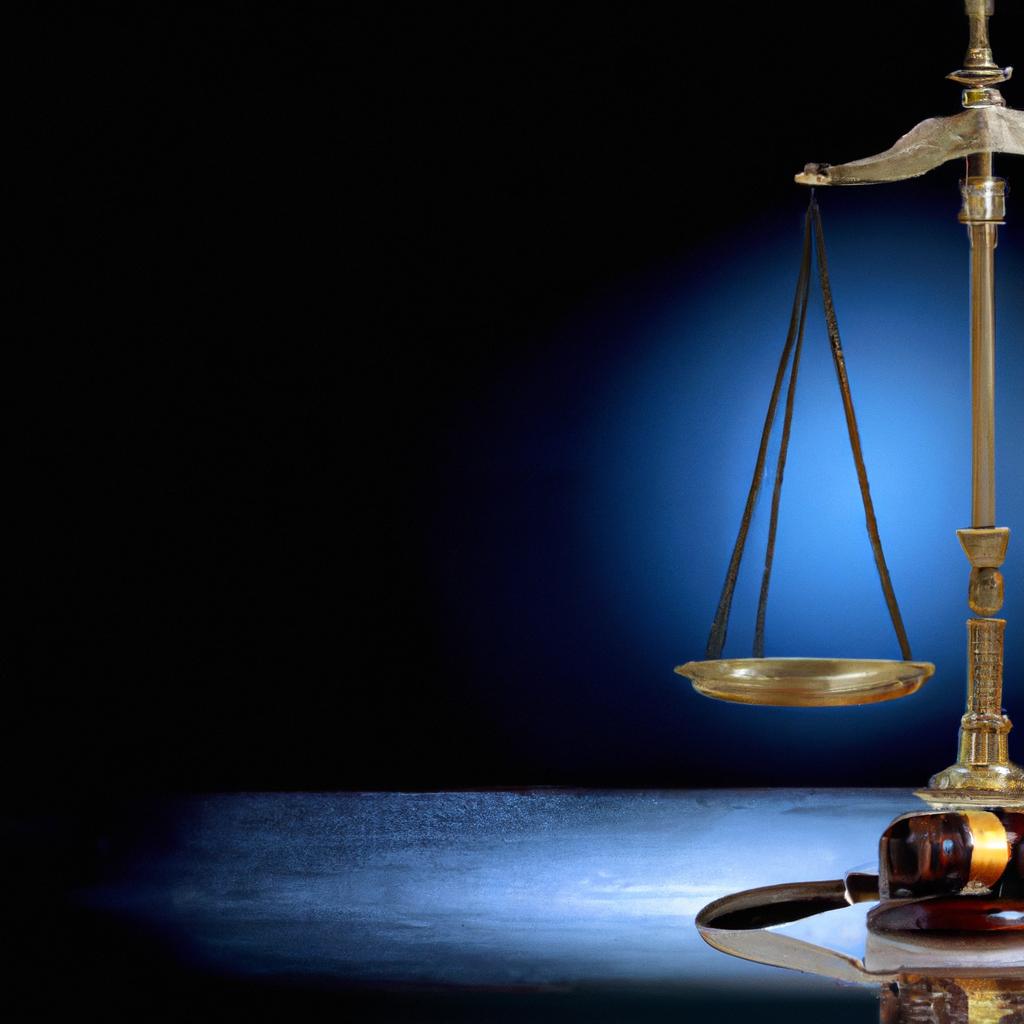When a person passes away, their assets and belongings do not simply vanish into thin air. Instead, they are subject to a legal process known as probate, where the deceased’s estate is settled and distributed according to their wishes or state laws. In this article, we will delve into the intricacies of what happens to a deceased person’s assets, and how our team at Morgan Legal Group can assist in navigating the complex waters of estate planning and probate.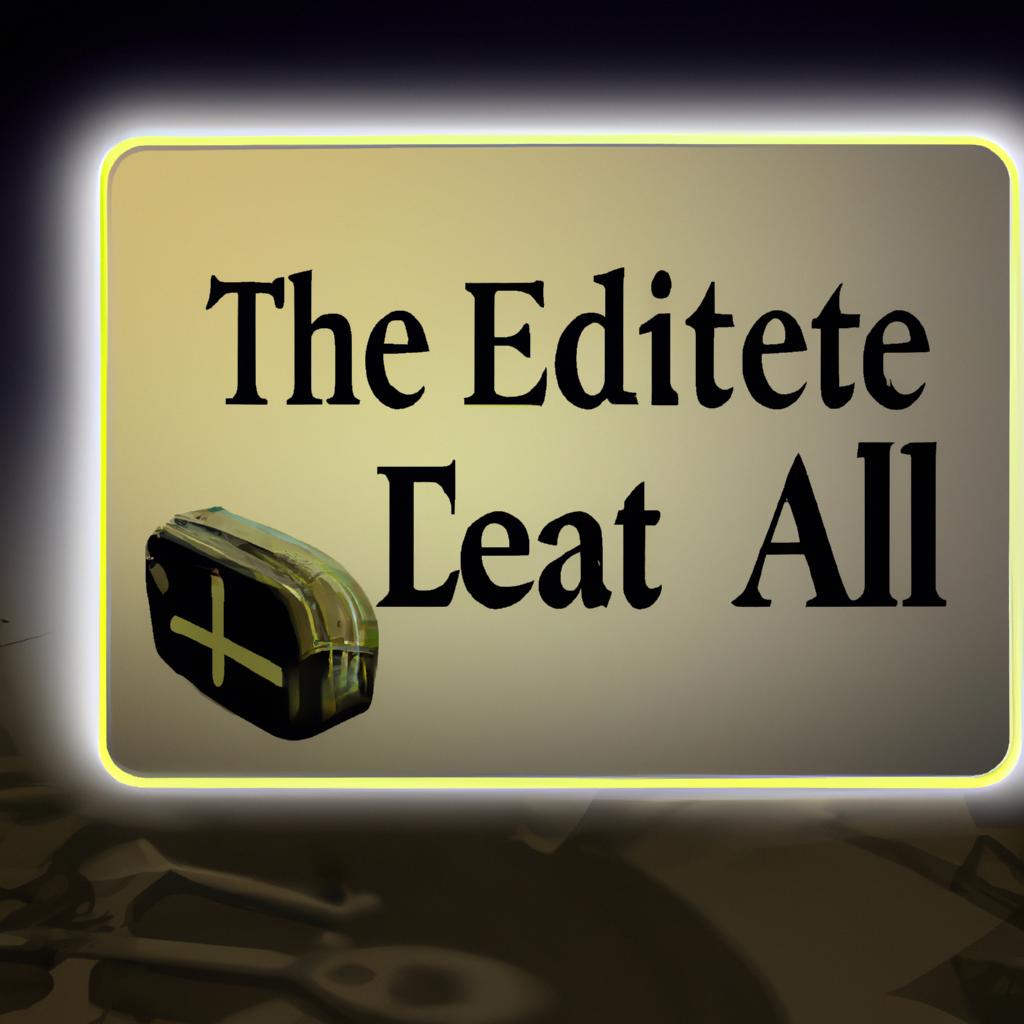
Understanding the Fate of Assets Upon the Death of an Individual
When an individual passes away, their assets are subject to a complex legal process known as probate. During probate, the deceased person’s assets are distributed according to their will, or if there is no will, according to the state’s laws of intestacy. It is crucial to understand the fate of assets upon the death of an individual to ensure that their wishes are carried out and their loved ones are taken care of.
Depending on the circumstances and the nature of the assets involved, the probate process can be lengthy and costly. It is essential to work with an experienced estate planning attorney to navigate the complexities of probate and ensure that the deceased person’s assets are distributed in accordance with their wishes. By creating a comprehensive estate plan that includes wills, trusts, and other legal documents, individuals can help facilitate the smooth transfer of their assets upon their death.

Navigating the Legal Process of Distributing a Deceased Person’s Estate
When a loved one passes away, it can be a difficult and emotional time for family members. can add another layer of complexity to an already challenging situation. It’s important to understand the steps involved in the probate process in order to ensure that the deceased person’s assets are distributed according to their wishes.
**Here are some key points to keep in mind when dealing with the distribution of a deceased person’s estate:**
- Obtaining the deceased person’s Will, if one exists, and filing it with the appropriate court
- Identifying and valuing the deceased person’s assets
- Notifying creditors of the deceased person’s passing
- Settling any outstanding debts and taxes owed by the estate
- Distributing the remaining assets to the beneficiaries named in the Will
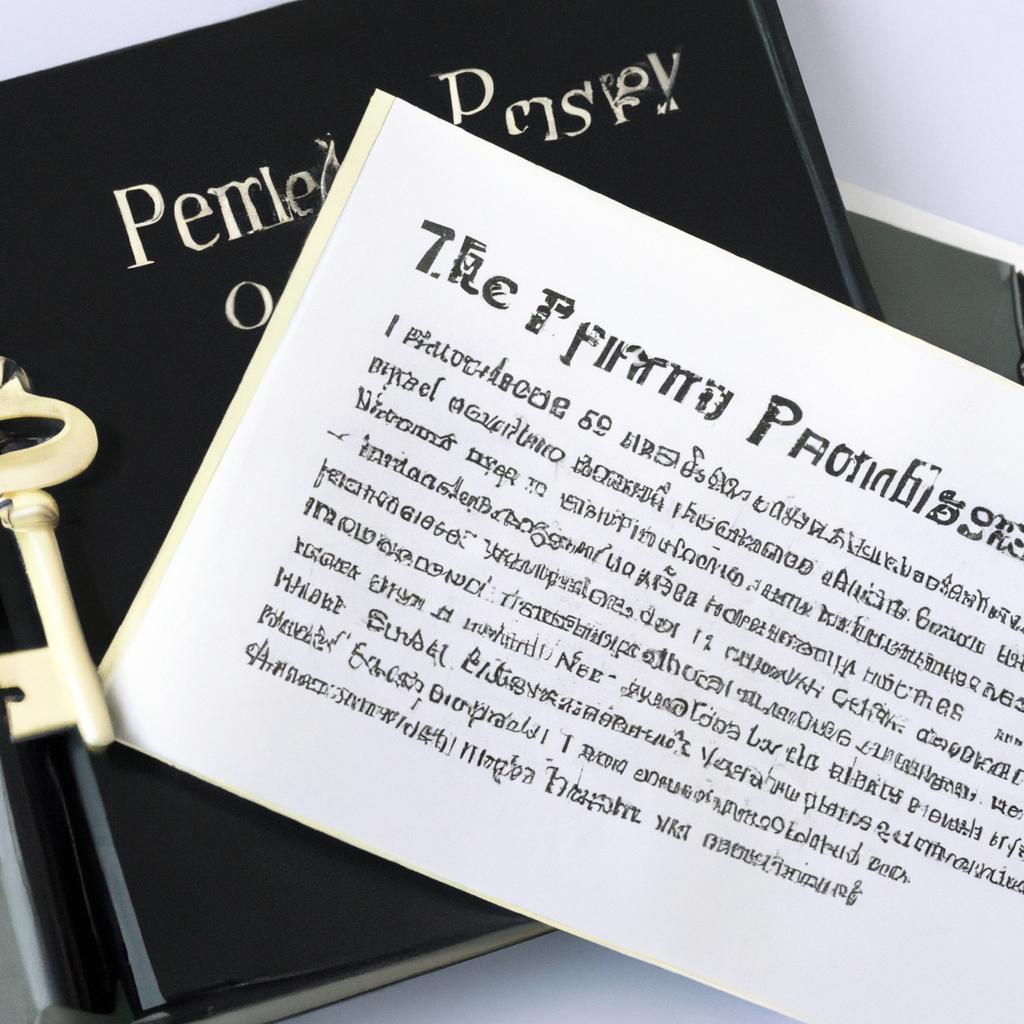
Key Considerations for Handling the Property of a Deceased Loved One
When a loved one passes away, it is important to handle their property with care and diligence. There are several key considerations to keep in mind when dealing with the estate of a deceased individual:
- Identify all assets: Start by compiling a comprehensive list of the deceased person’s assets, including bank accounts, real estate, investments, and personal belongings.
- Determine liabilities: It is essential to also identify any debts or liabilities of the deceased, such as mortgages, loans, or outstanding bills.
- Probate process: Depending on the size and complexity of the estate, you may need to go through the probate process to legally transfer the assets to the beneficiaries.
Handling the property of a deceased loved one can be a daunting task, but with proper planning and guidance from an experienced estate planning attorney, you can ensure that the process is carried out smoothly and efficiently. If you need assistance with probate, estate administration, or creating a Will, our team of experts at Morgan Legal Group is here to help.
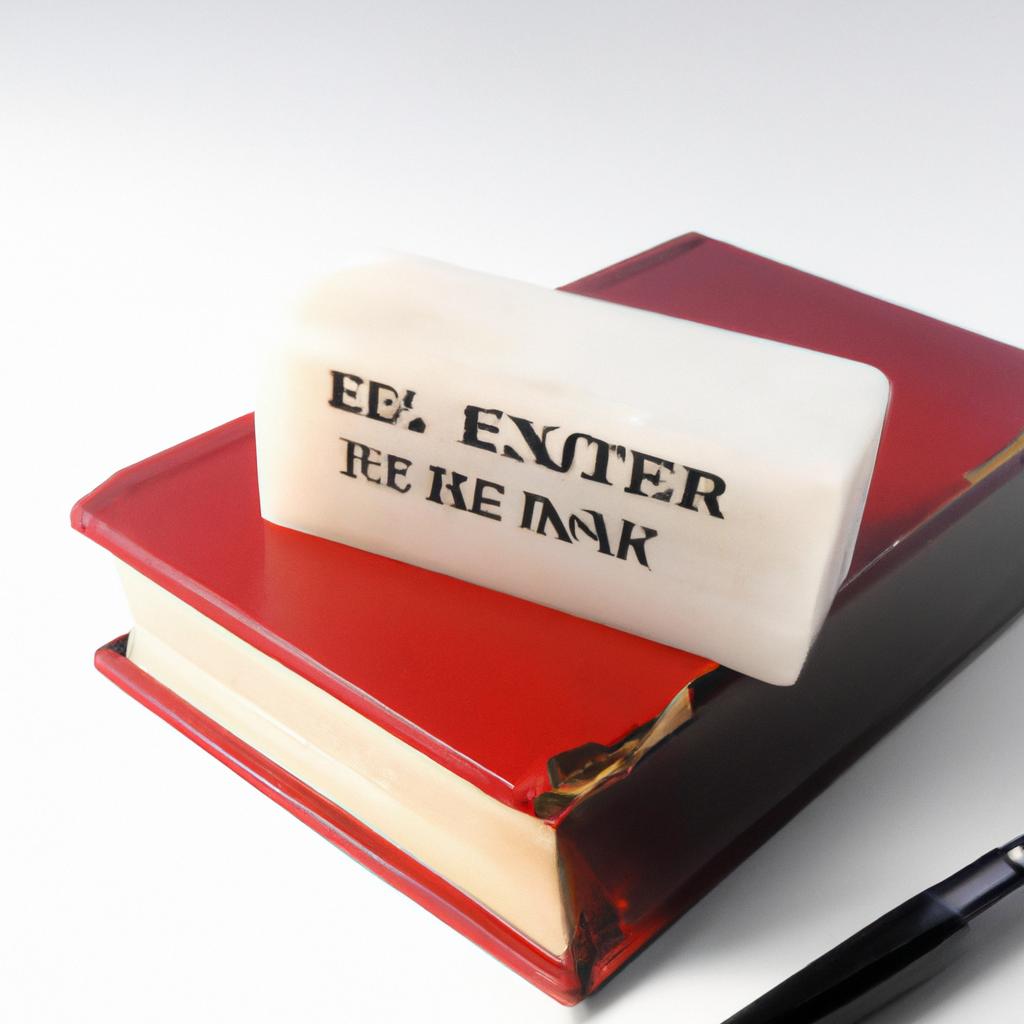
Expert Legal Guidance for Managing the Assets of a Deceased Individual
When a person passes away, their assets become part of their estate. Managing the assets of a deceased individual involves a complex legal process that requires expert guidance to navigate successfully. At Morgan Legal Group, our team of experienced attorneys specializes in estate planning, probate, and elder law, providing clients with the knowledge and support needed to handle the assets of a deceased loved one.
During the probate process, assets of the deceased individual are distributed according to their Will or state laws if no Will exists. Our legal team can assist in interpreting the Will, identifying and valuing assets, paying debts and taxes, and ultimately distributing the assets to beneficiaries. With our expert guidance, you can ensure that the assets of a deceased individual are managed in accordance with their wishes and applicable laws, providing peace of mind during a difficult time.
Q&A
Q: What happens to a deceased person’s assets?
A: When a person passes away, their assets are typically distributed according to their will or state laws if there is no will.
Q: What is the process for distributing assets after someone dies?
A: The process of distributing assets after someone dies is known as probate. This involves validating the will, paying off any debts or taxes, and then distributing the remaining assets to the beneficiaries.
Q: What happens if someone dies without a will?
A: If someone dies without a will, their assets will be distributed according to the laws of intestacy in their state. This typically means that their assets will go to their closest living relatives.
Q: Can heirs dispute the distribution of assets?
A: Yes, heirs can dispute the distribution of assets if they believe they are not being treated fairly. This can lead to a lengthy legal process known as a will contest.
Q: Are there ways to avoid the probate process?
A: Yes, there are ways to avoid the probate process such as setting up a living trust or using beneficiary designations on assets like retirement accounts and life insurance policies.
Q: How long does the probate process typically take?
A: The length of the probate process can vary depending on the complexity of the estate and whether any disputes arise. It can take anywhere from a few months to several years to complete.
Concluding Remarks
In conclusion, navigating the complexities of what happens to a deceased person’s assets can be a daunting task. From the legal processes to the emotions involved, handling someone’s estate requires careful consideration and attention to detail. Whether it’s through a will or intestacy laws, it’s important to ensure that the deceased person’s assets are distributed appropriately and in accordance with their wishes. By seeking professional guidance and support, you can make this difficult time a little bit easier for everyone involved. Remember, while dealing with the loss of a loved one is never easy, understanding what happens to their assets can help ease some of the burden during this challenging time.
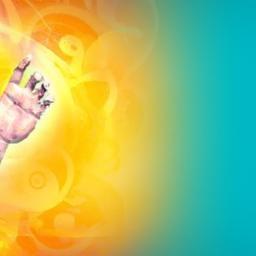 Qué sucede con los bienes de una persona fallecida: una guía completa
Qué sucede con los bienes de una persona fallecida: una guía completa
Cuando una persona fallece, es normal que sus seres queridos experimenten una mezcla de emociones y se sientan abrumados por todo lo que tienen que lidiar, incluyendo los bienes y propiedades que han dejado atrás. Sin embargo, es importante entender qué sucede con los bienes de una persona después de su muerte. En este artículo, vamos a discutir todo lo que necesitas saber sobre este tema y cómo asegurarte de que los bienes de tus seres queridos se manejen adecuadamente.
¿Qué son los bienes?
Los bienes se refieren a todos los activos que una persona posee, incluyendo propiedades, inversiones, cuentas bancarias, vehículos, joyas y otros objetos de valor. En términos legales, los bienes son considerados como cualquier cosa que tenga un valor económico. Es importante tener en cuenta que los bienes no solo se refieren a los activos materiales, sino también a los activos intangibles, como derechos de autor, patentes y regalías.
¿Qué es un testamento?
Un testamento es un documento legal escrito por una persona que establece cómo se deben administrar sus bienes después de su muerte. En este documento, una persona puede nombrar a un ejecutor y designar a los beneficiarios que recibirán sus bienes después de su fallecimiento. Si una persona fallece sin un testamento válido, se considera que han muerto “intestado” y sus bienes se distribuyen según las leyes de su estado.
¿Qué sucede con los bienes si una persona fallece con un testamento?
Si una persona fallece con un testamento válido, su voluntad es considerada como la ley en lo que respecta a la distribución de sus bienes. El ejecutor nombrado en el testamento se encargará de administrar los bienes y distribuirlos de acuerdo a las instrucciones detalladas en el documento. Si no se nombra a un ejecutor, el tribunal nombrará a un administrador para que se encargue de manejar los bienes.
¿Qué sucede con los bienes si una persona fallece sin un testamento?
Si una persona fallece sin un testamento válido, se considera que han muerto “intestado”. En este caso, la ley de su estado determinará cómo se distribuirán sus bienes. Por lo general, los bienes se distribuyen entre los familiares más cercanos, como cónyuges, hijos o padres. Si no hay familiares cercanos, los bienes pueden ser heredados por hermanos, primos u otros parientes. Si no hay parientes vivos conocidos, los bienes pueden pasar al estado.
¿Qué sucede con los bienes si una persona fallece sin herederos?
En casos raros, una persona puede morir sin ningún heredero conocido. En tales circunstancias, sus bienes pueden pasar al estado. Sin embargo, si hay un testamento que establece a un beneficiario, los bienes se distribuirán según lo establecido en el testamento.
¿Qué es un inventario de bienes?
Un inventario de bienes es un registro detallado de todos los bienes de una persona, incluyendo propiedades, cuentas bancarias, vehículos, valores y otros activos. Este inventario es creado por el ejecutor designado y presentado al tribunal como parte del proceso de administración de bienes. El inventario de bienes es importante en casos de sucesión sin testamento, ya que ayuda a determinar qué bienes deben ser distribuidos y a quién.
¿Qué es la sucesión?
La sucesión se refiere al proceso de distribución de los bienes de una persona fallecida a sus herederos legales. Este proceso puede variar en cada estado y puede ser manejado por un ejecutor designado o administrado por el tribunal.
¿Cuáles son los costos asociados con la distribución de bienes?
Hay varios costos asociados con la distribución de los bienes de una persona fallecida. Algunos de estos costos pueden incluir los honorarios del ejecutor, costos de notificación de acreedores y publicación de avisos de fallecimiento, impuestos a la propiedad, gastos legales y otros costos administrativos. Estos costos pueden ser cubiertos por los bienes de la persona fallecida antes de distribuirlos a los herederos.
¿Qué sucede con las deudas?
En general, las deudas no son heredadas por los herederos. En lugar de eso, los acreedores pueden presentar reclamos a los bienes de la persona fallecida para pagar cualquier deuda pendiente. Si los bienes no son suficientes para cubrir todas las deudas, los acreedores pueden perder dinero.
Conclusión
Cuando una persona fallece, es importante comprender qué sucede con sus bienes y cómo se distribuirán. Si la persona fallecida tenía un testamento válido, sus deseos serán respetados en la medida de lo posible. Sin embargo, si mueren sin un testamento, la ley estatal determinará cómo se distribuirán sus bienes. Es importante discutir estos asuntos con un abogado de sucesiones para asegurarse de que los bienes de sus seres queridos se administren adecuadamente y se distribuyan según sus deseos. También es crucial tener un testamento válido para garantizar que sus bienes se manejen según sus deseos después de su fallecimiento.

